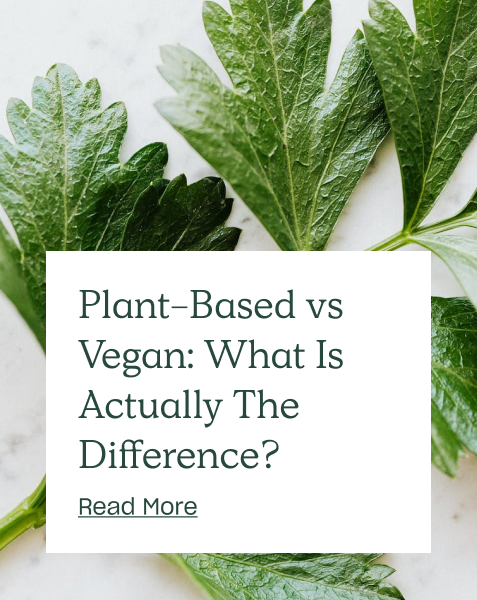Hey there! Today, we’re diving into the topic of plant-based and vegan diets and exploring the key differences between the two. While they may seem similar at first glance, there are some notable distinctions that are worth understanding. Let’s take a closer look!
Definition:
Plant-based diets focus on emphasizing plant foods while minimizing or eliminating animal products. The primary goal is to consume a variety of fruits, vegetables, grains, legumes, nuts, and seeds. Vegan diets, on the other hand, go one step further by excluding all animal-derived products, including dairy, eggs, and honey.
Scope of Exclusion:
One of the main differences lies in the extent of excluding animal products. While plant-based diets may allow for some flexibility, such as occasional consumption of dairy or eggs, vegans follow a more strict approach, eliminating all forms of animal exploitation. This means no meat, dairy, eggs, or any other products derived from animals.
Motivations and Ethical Considerations:
People choose plant-based or vegan diets for various reasons. Some do it for health benefits, such as reducing the risk of chronic diseases or improving overall well-being. Others are driven by ethical concerns, such as animal welfare, environmental sustainability, or personal beliefs. The choice often depends on individual values and priorities.
NutritionalAspects:
Both plant-based and vegan diets offer numerous nutritional benefits. They tend to be rich in fiber, vitamins, minerals, and antioxidants. However, it’s important to ensure a well-balanced intake of essential nutrients, especially if following a vegan diet. This may involve conscious planning to source alternative sources of protein, calcium, iron, and other nutrients.
Food Choices and Alternatives:
When it comes to food options, plant-based diets offer a wide range of possibilities. You can enjoy an array of plant proteins like tofu, tempeh, lentils, quinoa, and chickpeas. For vegans, finding substitutes for dairy products like milk, cheese, and butter becomes crucial. Options include almond milk, soy milk, coconut-based alternatives, and plant-based cheeses.
Social and Lifestyle Implications:
Following a plant-based or vegan diet can also have an impact on social interactions and lifestyle choices. It may involve being more mindful of restaurant options, reading labels when shopping, and finding cruelty-free products. However, with the growing popularity of these diets, there are now more vegan-friendly options available than ever before.
Challenges and Considerations:
Transitioning to a plant-based or vegan diet can come with its own set of challenges. It might require some adjustments, especially in terms of finding suitable替代品 and ensuring proper nutrition. Consulting with a Registered Dietitian can be helpful in navigating these aspects.
In summary, while plant-based and vegan diets share some similarities, the key difference lies in the level of animal product exclusion. Plant-based diets offer more flexibility, while vegans take a strict stance.Ultimately, the choice depends on personal preferences, values, and goals. Whether you’re considering a shift to either of these diets or just curious about the differences, it’s important to make an informed decision that works for you. Embrace the goodness of plants and discover the benefits they bring to your health and the planet!
Remember, every step towards a more plant-centric lifestyle makes a positive difference. Let’s celebrate the diversity of dietary choices and the power of plants! Happy eating!


